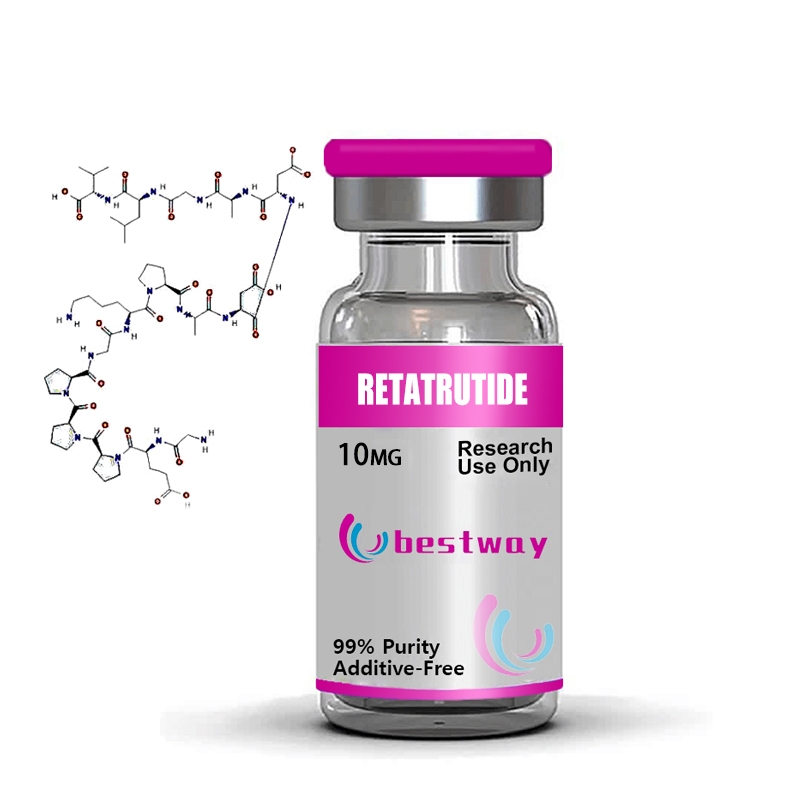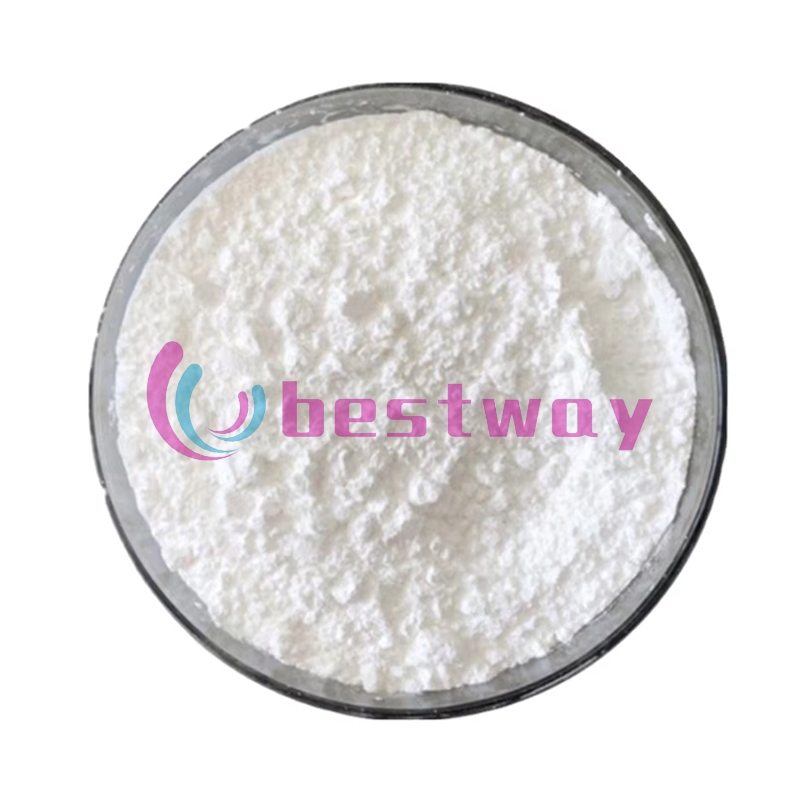-
Categories
-
Pharmaceutical Intermediates
-
Active Pharmaceutical Ingredients
-
Food Additives
- Industrial Coatings
- Agrochemicals
- Dyes and Pigments
- Surfactant
- Flavors and Fragrances
- Chemical Reagents
- Catalyst and Auxiliary
- Natural Products
- Inorganic Chemistry
-
Organic Chemistry
-
Biochemical Engineering
- Analytical Chemistry
-
Cosmetic Ingredient
- Water Treatment Chemical
-
Pharmaceutical Intermediates
Promotion
ECHEMI Mall
Wholesale
Weekly Price
Exhibition
News
-
Trade Service
Introduction
Idelalisib is a phosphatidylinositol 3-kinase (PI3K) inhibitor, which is used to treat various types of cancer, including chronic lymphocytic leukemia (CLL) and follicular lymphoma (FL).
The chemical industry is responsible for the production and distribution of chemical products, including drugs like idelalisib, which are used to treat various medical conditions.
However, there are concerns about the safety of idelalisib, and it is essential to explore these issues in depth to ensure the safety of the chemical and its users.
The Safety of Idelalisib
Idelalisib is a targeted therapy that works by inhibiting the PI3K pathway, which is involved in cell growth and survival.
The drug is generally well-tolerated, but it can cause some side effects, including diarrhea, nausea, fatigue, and rash.
These side effects are usually mild to moderate and can be managed with supportive care.
However, there are some safety concerns that have been raised about idelalisib.
One of the major safety concerns with idelalisib is its potential to cause drug-induced liver injury (DILI).
DILI is a common adverse event associated with many drugs and can lead to serious liver damage, including liver failure.
Studies have shown that idelalisib can cause liver injury in some patients, and it is essential to monitor patients for signs of liver damage during treatment.
Another safety concern with idelalisib is its potential to cause drug interactions.
The drug can interact with other medications and herbal supplements, which can lead to adverse events or reduce the efficacy of the treatment.
It is essential to inform healthcare providers of all medications and supplements that a patient is taking to avoid any potential drug interactions.
Pregnancy and Breastfeeding
Idelalisib is a pregnancy category D drug, which means that it can cause harm to the developing fetus.
Women who are pregnant or breastfeeding should not take idelalisib, as it can lead to serious adverse events in the baby.
Healthcare providers should advise women of the potential risks of taking the drug during pregnancy and breastfeeding and ensure that they use effective contraception to prevent pregnancy during treatment.
Conclusion
Idelalisib is an effective treatment for various types of cancer, but it is essential to be aware of its potential safety concerns.
DILI and drug interactions are two major safety concerns that healthcare providers and patients should be aware of when using idelalisib.
It is essential to monitor patients for signs of liver damage and to inform healthcare providers of all medications and supplements that a patient is taking to avoid potential drug interactions.
Pregnant and breastfeeding women should avoid taking idelalisib due to its potential risks to the developing fetus.
Overall, with appropriate use and close monitoring, idelalisib can be a safe and effective treatment for cancer.






